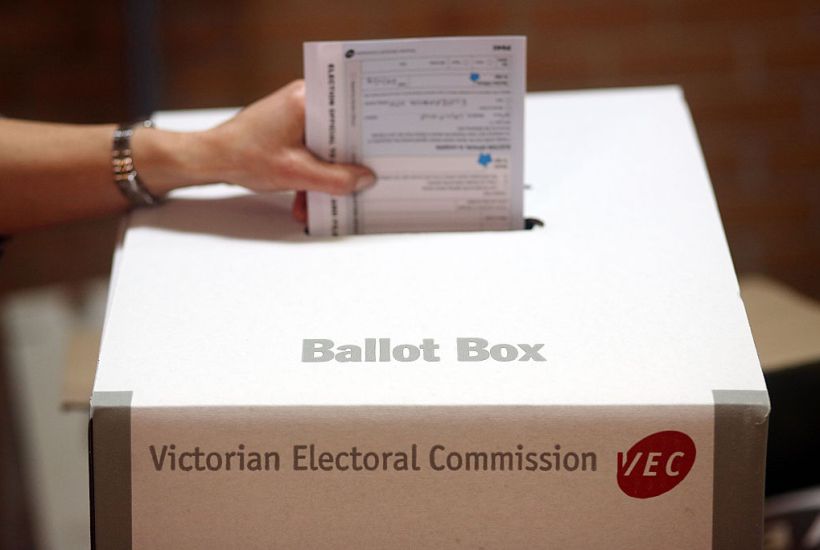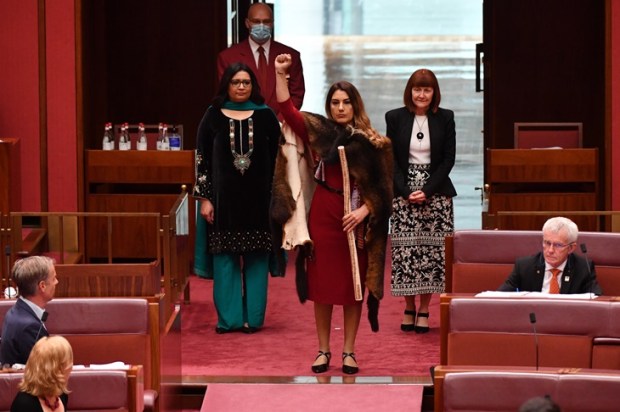Congratulations to Dan Andrews and Labor on a very strong result. Their ability to campaign effectively should never be underestimated and they have been rewarded for delivering on their agenda.
Overwhelmingly, the electorate voted on services and infrastructure. While there are definite issues with crime and congestion, you can’t just run a campaign on roads and jails. Similarly, while negative campaigning has its part, you can’t just run a negative campaign. Added to this, Canberra chaos only compounded the problems.
As a Liberal, I am alarmed at the rapidly-increasing debt and the list of ministerial resignations and scandals in the last parliament. It seems however, this did not concern the electorate to a substantial extent.
Victoria is now the highest-taxing state and has embarked on a massive spending program. I’m all for infrastructure – public-private partnerships have resulted in some excellent projects – but it must be paid for. Over one-hundred-billion dollars’ worth of commitments have been made and I don’t see any realistic plan to pay the bill when it arrives. And arrive it will.
For the Liberal Party, there are some hard lessons to learn and some messages to be heeded – messages myself and many others have been trying to send for some time. We hear a lot of talk about ‘the base’ of the Liberal Party. One only has to look at the strong swings to see what the wider Liberal base is saying. This isn’t just in marginal seats, but in Liberal heartland seats the party has held almost forever; Malvern, Hawthorn, Caulfield, Sandringham, Brighton.
The Liberal support base is extraordinarily diverse, reflecting the broader Australian community. There is no prescriptive test one must take nor a compulsory set of views on policy one must sign up to, but there are commonalities and general principles which unite Liberals.
On the whole, Liberal voters are enterprising, pro-business, pro-family, and adverse to big union power. They want taxpayers’ money to be spent wisely and reject the heavy hand of the state via high taxes and regulation
They are politically conservative, but vary in their outlook on social issues; they may be morally conservative or quite liberal. So long as they aren’t harmed by (or have to pay for) the choices of others, the vast bulk of Liberals have a ‘live and let live’ approach and want the state to respect this.
Any attempt to have the state or other individuals dictate to them how to live their lives — or have views “rammed down their throat” as Senate President Scott Ryan puts it — will be met with fury.
They don’t want to be smashed by a carbon tax and know Australia’s impact in addressing climate will be minimal, but they still want us to do our part. They support controlled migration and secure borders, never wanting to return to the chaos and misery we saw after 2008, but will not stomach people left in limbo for years and years.
The so-called ‘culture wars’ only rate as a priority for a small section of the Liberal base. These views, of course, need to be respected, but focussing disproportionately on such issues to the exclusion of mainstream concerns only ensures electoral annihilation.
For the vast bulk of Liberals, if they have apprehension about aspects of Safe Schools or safe injecting rooms, they are able to raise these in a mature way, without rejecting ideas holus-bolus or lurching to a reactionary position. Political conservatives respect institutions and favour cautious, incremental change when unintended consequences have been explored and remedied.
There is almost no better demonstration of this than by looking at the results of the same-sex marriage plebiscite in 2017. The average ‘Yes’ vote was higher in Liberal seats than Labor seats, more Liberal seats voted in favour than Labor seats, and in nearly all cases the higher the Liberal vote the higher the ‘Yes’ vote. This is not meant as an attack on Labor; the point is made to demonstrate the fundamental misunderstanding some people have of Liberal voters.
In Victoria, ‘Yes’ votes were recorded in federal Liberal heartland seats such as Higgins (78 per cent), Goldstein (76 per cent), Kooyong (74 per cent), Dunkley (72 per cent), Corangamite (72 per cent), Flinders (70 per cent), Casey (68 per cent), La Trobe (67 per cent), Aston (62 per cent) and Deakin (66 per cent). Same-sex marriage may not have been the highest priority for most people, but that certainly did not equate to opposition.
Similarly, instead of being caught up in the aforementioned ‘culture war’ issues, most Liberal voters want to ensure they can keep their taxes and bills down; their roads, railway stations, schools and parklands well-maintained; their health services affordable and of high quality, crime as low as possible, and the economy chugging along well-managed. Liberal MPs in touch with their constituents know this.
As counting has continued in Victoria, the result now appears more like Labor’s comfortable win 2006 than the near-total wipe-out of the Liberal Party in 2002. However, it is still a substantial defeat. Tellingly, voters went directly from Liberal to Labor; not to minor right-wing parties and not to minor left-wing parties.
It was heartbreaking to see many former Liberal voters – some of them lifelong – turn against the party in the Victorian State election. It was devastating to see strong swings away from the party in formerly safe Liberal seats.
In politics it’s true you have to cut through, you have to stand for something, you have to be clear. Being politically conservative is an entirely sustainable position. But this doesn’t mean rushing to the reactionary right; it means anchoring yourself in the forward-looking, modern, mainstream centre-right.
Anyone who thinks voters said to themselves; “Those Liberals aren’t conservative enough, so I’m going to vote for a big-spending, big-taxing left-wing Labor government instead” is utterly delusional.
Finally, a note on The Greens. I despise identity politics and the politics of grievance. In this election, Labor took a step away from this position and The Greens stepped it up. Along with this, The Greens experienced scandal after scandal with candidates. The excuses and denials offered simply exposed them as the sanctimonious hypocrites that they are. They were smashed in both houses of parliament and I won’t be shedding a tear.
For Liberals, however, the response should be clear.
Ben Greenwood is president of Liberal Pride.
Got something to add? Join the discussion and comment below.
Got something to add? Join the discussion and comment below.
Get 10 issues for just $10
Subscribe to The Spectator Australia today for the next 10 magazine issues, plus full online access, for just $10.


























Comments
Don't miss out
Join the conversation with other Spectator Australia readers. Subscribe to leave a comment.
SUBSCRIBEAlready a subscriber? Log in